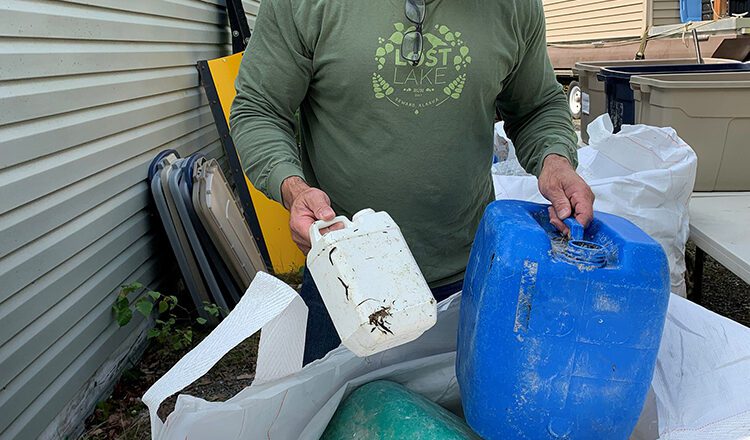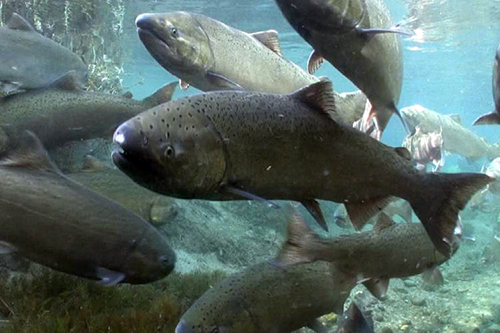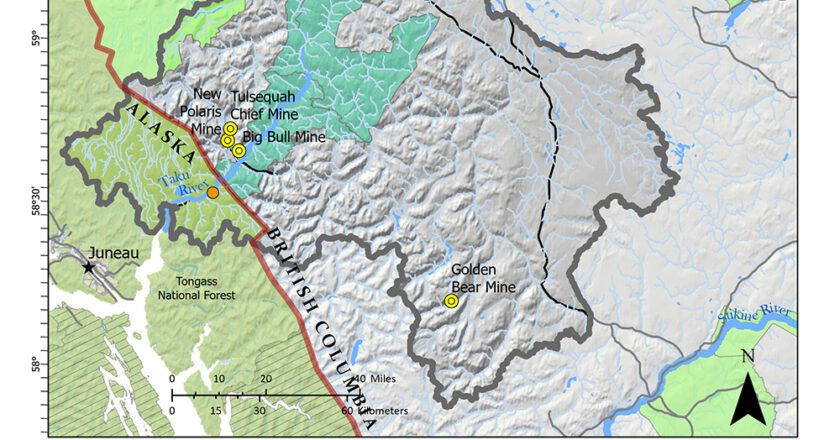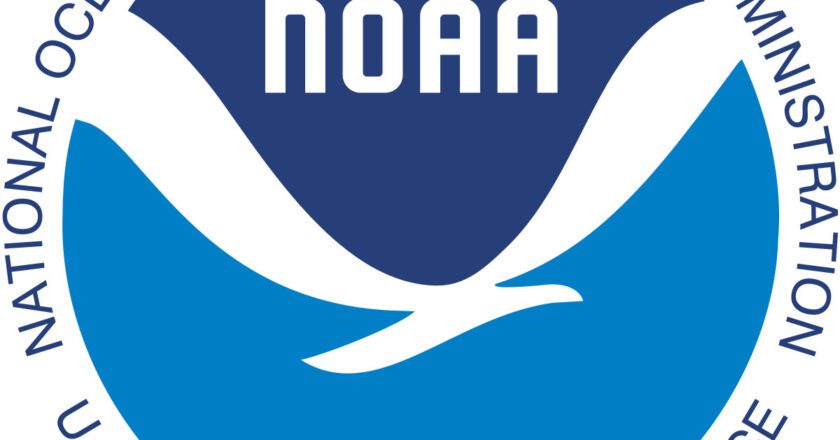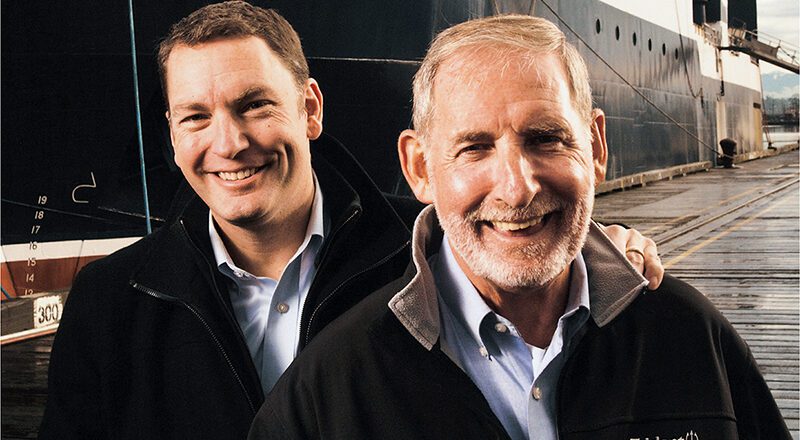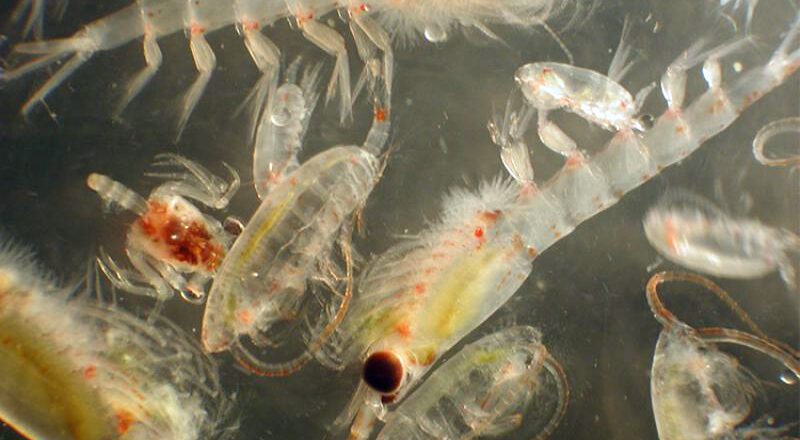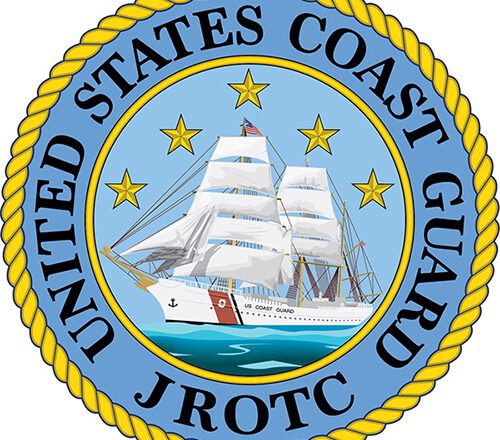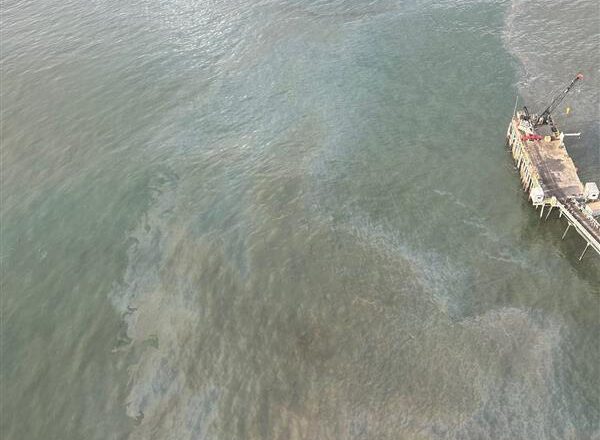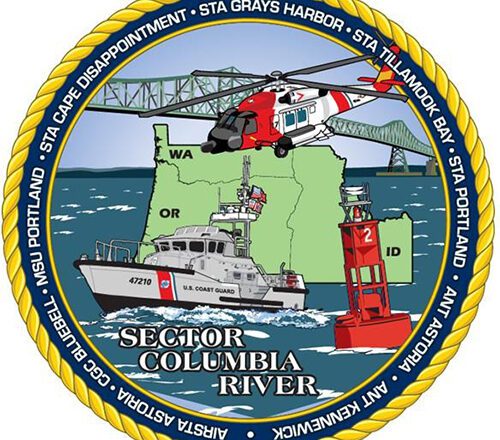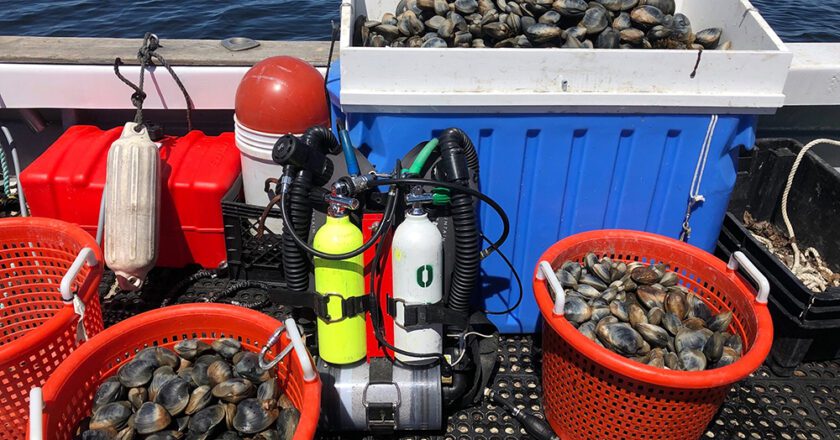Alaska Engineer Repurposes Ocean Waste into Plastic Lumber
Mounds of plastic waste polluting the ocean and washing up on Alaska’s coastal shores will see new life as plastic construction materials in a plan Patrick Simpson has devised, right down to conversion into plastic lumber and bricks in rural fishing communities.
For nearly 30 years, Simpson has used knowledge honed from an education in computer science at the University of California, San Diego to tackle needs of the commercial fishing industry, from sonar systems for fisheries stock assessment and monitoring marine mammals to producing food grade wild Alaskan salmon oil.
Then in 2005, Simpson, who grew up in a fishing family in Cordova, Alaska, became focused on the prospect of turning vast quantities of myriad plastics polluting the ocean and washing up on rural Alaska shores into co...

